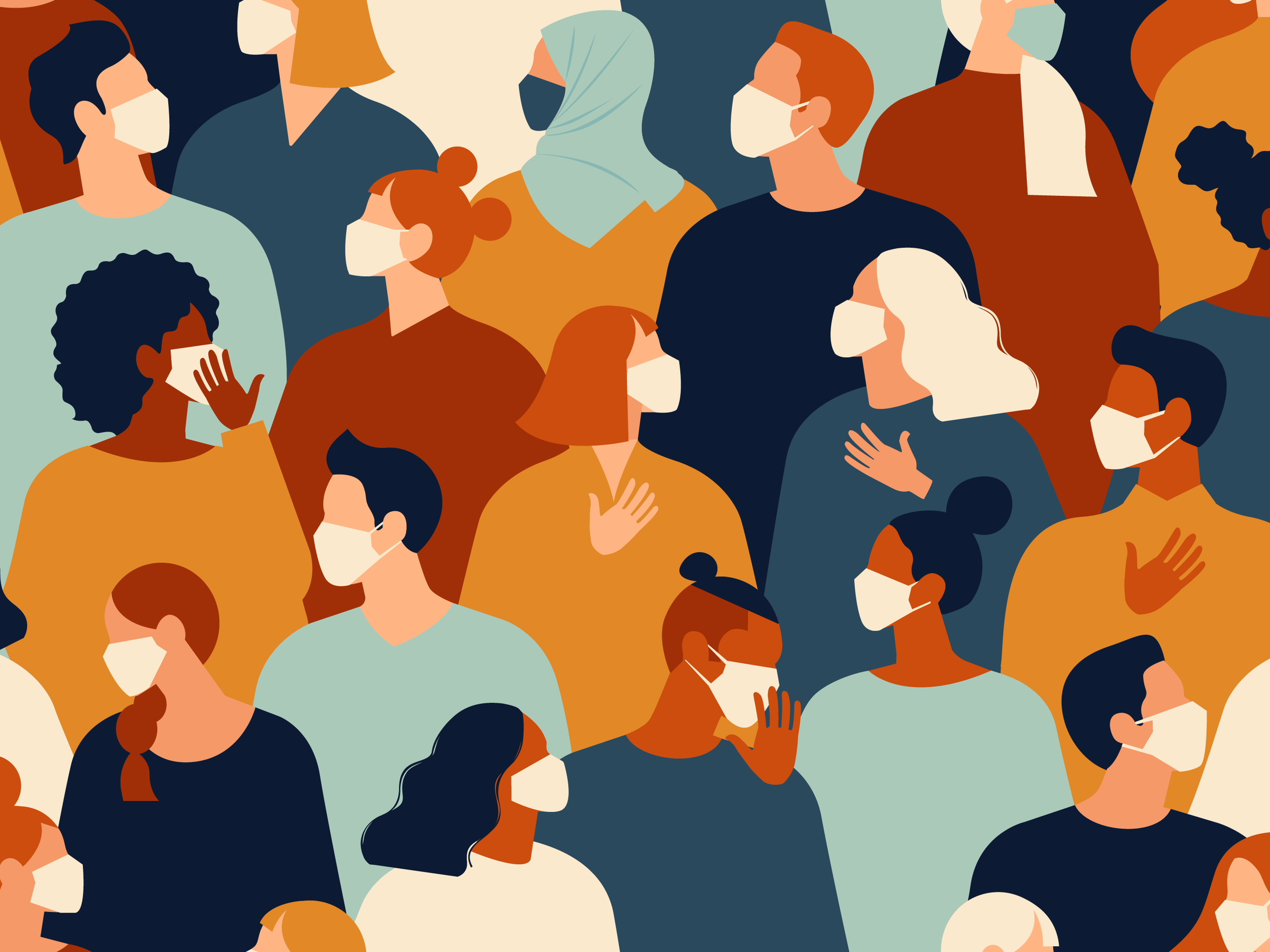SHARES

History has always had the answer to our questions. Time and time again we see ourselves full circle with the past. The same can be said with this pandemic.
The 1918 flu, also known as the Spanish Flu, lasted until 1920 and considered the deadliest pandemic in modern history. Scientists and historians are studying the 1918 outbreak for clues to the most effective way to stop a global pandemic. The efforts implemented then may offer lessons for battling today’s crisis.
Now as then, public health interventions are the first line of defense against an epidemic in the absence of a vaccine. These measures include closing schools, shops, and restaurants; placing restrictions on transportation; mandating social distancing, and banning public gatherings.
In 1918, the studies found, the key to flattening the curve was social distancing. And that likely remains true a century later, in the current battle against coronavirus.
The studies reached another important conclusion: That relaxing intervention measures too early could cause an otherwise stabilized city to relapse. St. Louis, for example, was so emboldened by its low death rate that the city lifted restrictions on public gatherings less than two months after the outbreak began. A rash of new cases soon followed. Of the cities that kept interventions in place, none experienced a second wave of high death rates.
With the Movement Control Order one can’t help but wonder if the numbers will soar as individuals continue life as usual – but then again what is normalcy after MCO ?
This lock down has been a thing of beauty. Every time I walk back home from work I see families staying in for the likes of you and I. I see big hearts and kind deeds. In a time of need, I see a community coming together and this is the most amazing example of organized, voluntary love.
We must not give up what that love has won. We must fight like hell for what we need to keep each other alive.
Tags
by Yashwini Ravindranath
Born & raised in Malaysia, Yashwini earned her M.D. studying in Moscow's Russian National Research Medical University. With an affiliation towards research, all things coffee and the startup ecosystem, she now contributes articles to GetDocSays View all articles by Yashwini Ravindranath.




